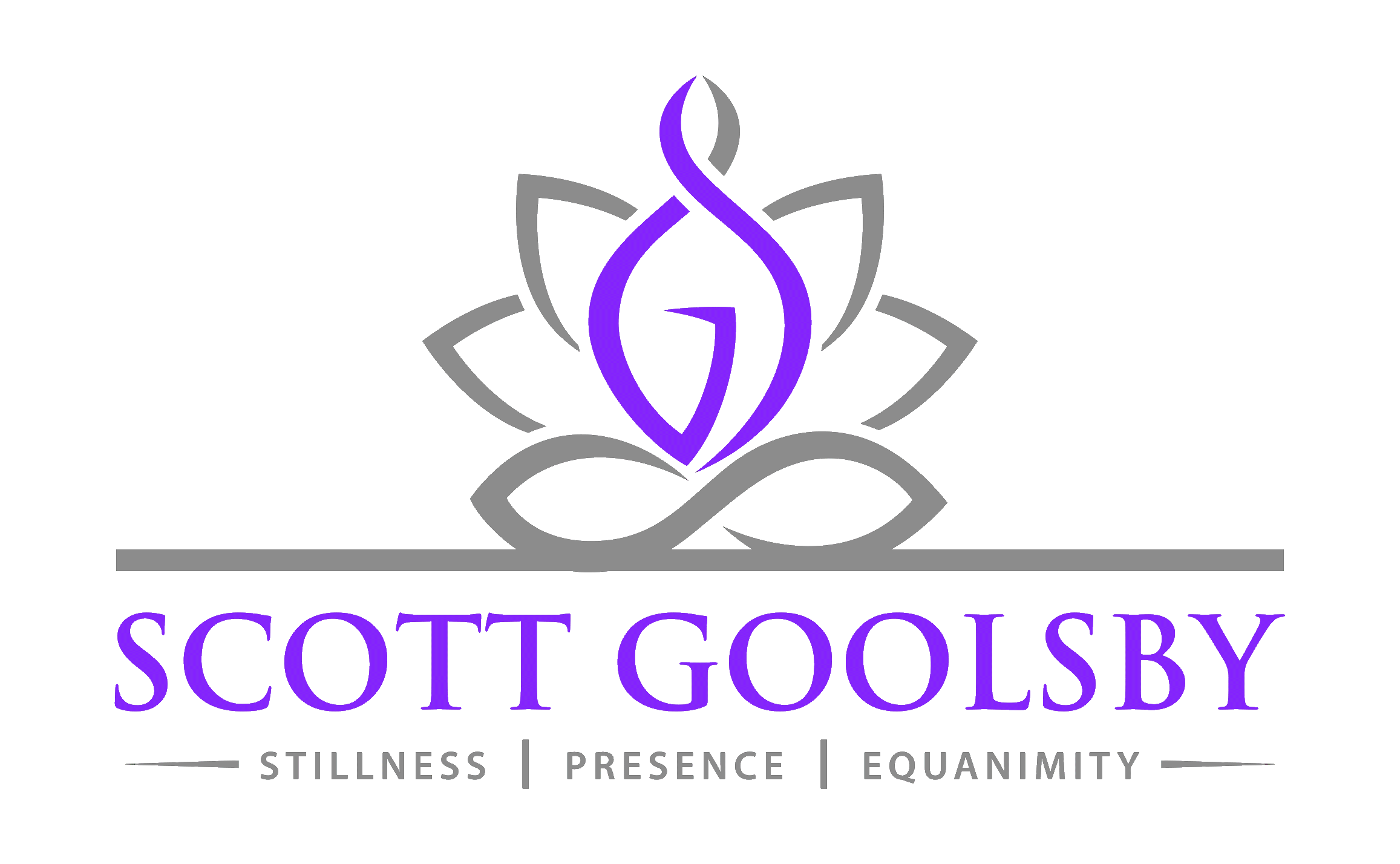The violence that is common throughout our world is very evident, not just in our time, but throughout all of history. We are confronted with it constantly. Not a week goes by before there is more tragic news of a terrorist bombing or school shooting. In response, we collectively lash out in anger toward the individual or group who is responsible. We, in turn, fill our minds with violence, with thoughts of how we wish to harm those who perpetrated the attack or shooting.
This is not how we will end violence. This is how we perpetuate violence. Violence starts in the mind. All actions and structures in the outer world started in the mind! Our minds must be trained, one by one, from person to person, culture to culture for the pervasive violence to end. This is a very high and lofty goal, but it is not unattainable.
In Buddhism and other Eastern traditions, there is the practice of ahimsa, or nonviolence, the act of not causing harm. This practice encourages us not to live with a closed, fearful heart, not to react unconsciously with violence. Instead, ahimsa invites us to live from a more empowered, centered place of courage, wisdom, forgiveness, and of course compassion.
The cultivation of consciousness and awareness is the only way that we can confront and avert the cycle of violence within our minds, and in turn, throughout the world. It is impossible to do it with any other means. This calls us to open our hearts on our daily, moment to moment path in life. It is a call to live with mindfulness, in the present, now. In order to do this we must breathe with awareness, with consciousness. Allow the breath and the consciousness of it open us up to the present and to the body. Here we can now look into the dark places of the mind, open ourselves up to the awareness of our internal poisons of doubt, fear, narcissism, anger, greed, prejudice, and selfishness. In seeing them, with consciousness and clarity, we can see their uselessness and replace them such things as with awareness, compassion, centeredness, inclusiveness, and courage.
